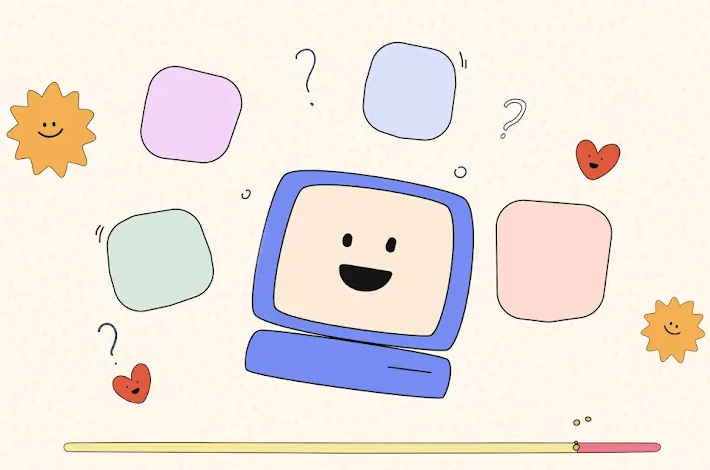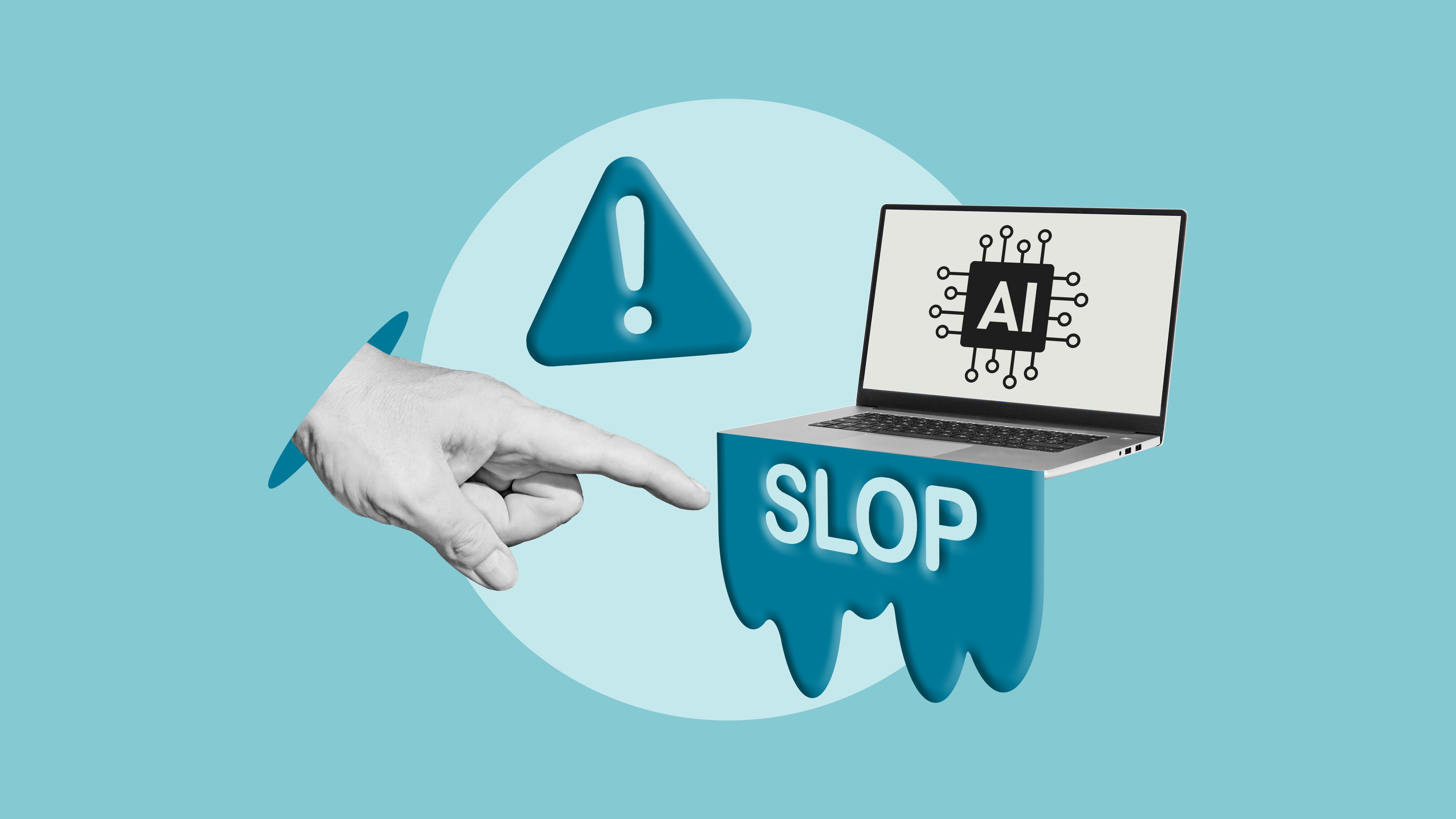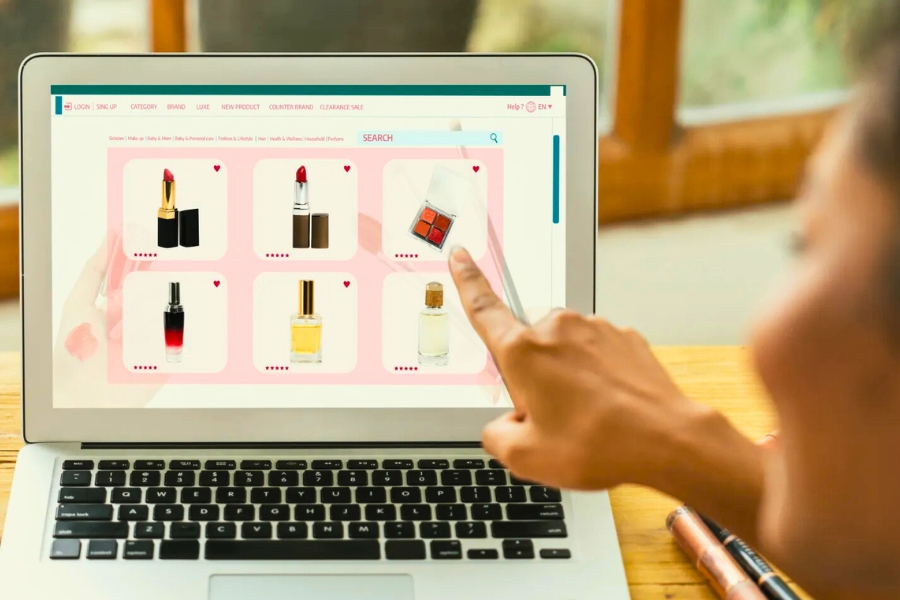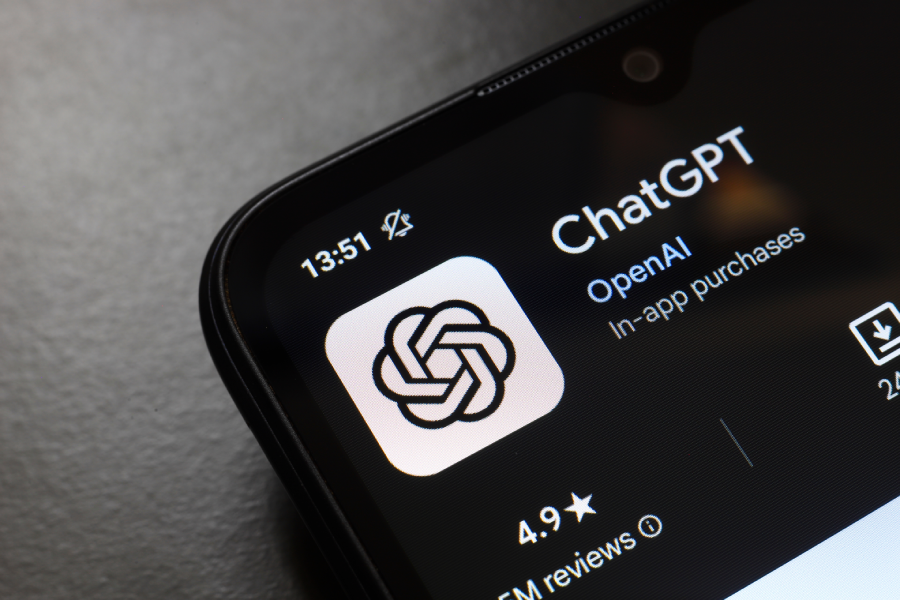Take a deep breath. The best way to deal with generative AI is in a state of calm and play; find some distance. Enable reflection. But in comes the fear and anxiety and scaremongering headlines because “If you went to college, GPT will come for your job first.” There’s an urgency now surrounding the advance of AI and it’s inhibiting our ability to access our most creative selves.
Author and tech psychologist, Nathalie Nahai, is concerned about what she describes as a perfect storm with people still struggling from Covid trauma, negotiating a polarized media landscape and wrestling with identity issues, all of which creates a sense of scarcity and insecurity, “When you look back through history, the worst decisions are typically made when we are in a defensive stance. We’re not giving ourselves enough time to reflect and digest everything, because most of us are thinking ‘if we don’t get there first someone else will, and it will be worse’.” But that’s not to say there isn’t still time, as individuals, leaders and brands there is still plenty we can do to ensure humans can thrive in this new AI era.
It all starts with play. Give OpenAI’s GPT or Baidu’s Ernie Bot to a child and they find it funny, they might argue with it or tease it, they’re far from intimidated. Small children are naturally in play mode and us adults need to try that too. It’s counter to much of how we navigate modern work life, and goes against our productivity obsession around technology. “Play is about the lack of any aim, it’s about discovery, you have to accept there will be dead ends and redundancy,” says Tom Chatifled tech philosopher who suggests firms borrow from the hackathon model, create a playground in the workplace where people can experiment and stumble across those serendipitous use cases. Generative AI might not be great at writing your monthly newsletter right now but it turns out it’s brilliant at summarizing it into a quiz to drive reader engagement for example.
Some companies are assigning one person to play with the tech and share learnings. Others are creating their own ‘AI task force’. But for the most part, employees will be trying this out ad hoc and the benefits will be equally disjointed. “At the moment people are working in silos,” Says Pax Man, who as the creative technology director at Caya - Avantgarde represents the new type of role that innovation at this pace requires. Part of Pax Man’s job is to spot the emergent technology and tease out only those that are most useful for the business. His biggest AI concern right now? Simply the speed of the advance. “Things are changing month to month so don’t even bother with a yearly subscription to anything.” At this pace of change, collaborating to share insights and upskill one another is essential.

But it’s hard to find time for trial and error and experimentation in this climate of acceleration. Could this be where the brands step in? One of the challenges to integrating new AI into a brand experience is the risk that the information will be wrong, offensive, sexist or racist even. But if it’s not about speed and accuracy and it’s more about creative expression and play then brands have a safer way to engage consumers through the tech too. “There are real quality control issues for brands but a plaything is easier, it’s lower risk,” says Chatfiled, who imagines interacting with a brand’s AI to augment the creative shopping process and perhaps create mood boards akin to next level Pinterest.
Meta has certainly positioned its generative AI products in the realm of fun. “This isn’t just about answering queries, it’s about entertainment,” Zuckerberg announced at his company’s annual Connect conference this week. Meta’s artificial intelligence chatbots are embodied by celebrities including Snoop Dogg, Chloe Kim and Naomi Osaka. Meta also has tools to help other organizations create their very own AI chatbots too.
People might even choose to create a bot that can help them slow down, connect with friends, nature, or find time to reflect more and enter their most creative states. This is what Mustafa Suleyman, former co-founder of DeepMind, is defining as ‘personal intelligence’. It’s what’s behind his new AI tool, Pi, described as, ‘a personal AI created to give people a new way to express themselves, share their curiosities, explore new ideas’.
Just as we navigate the internet and mostly manage to stay clear of the dark web, could the promise of these personal AI models mitigate AI’s less benevolent use cases too? Most like Nahai advise caution alongside the vision, but she urges us to start from a place of hope, “What’s the most extraordinary thing we could do with technology, that supports the flourishing of society and the wider web of life? Let’s aim there,” she says. "Approaching AI is like riding a bike - we need to have an eye on where we want to go and get some forward momentum, while keeping a cautionary eye on the pot-holes." And if that doesn’t work, look to the children, they will most likely figure it out better than us.
Miriam Rayman is an executive coach and founder of Now Then Research.











